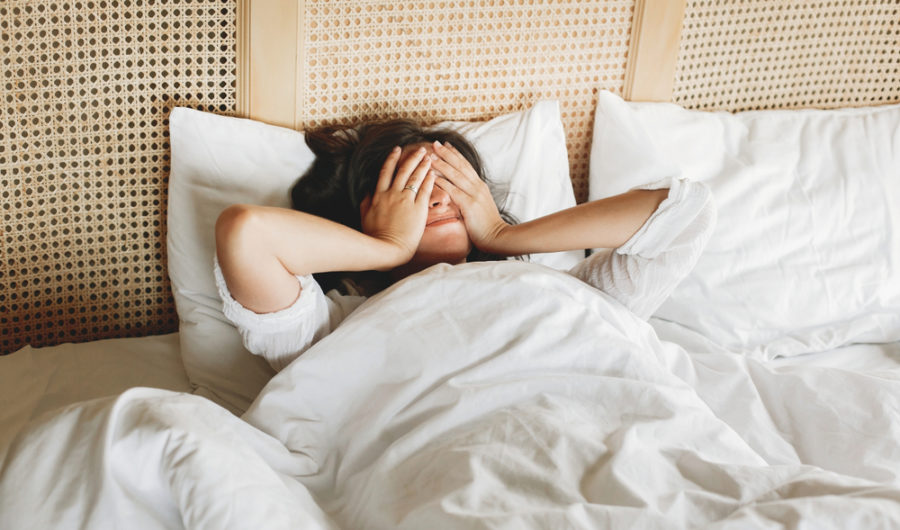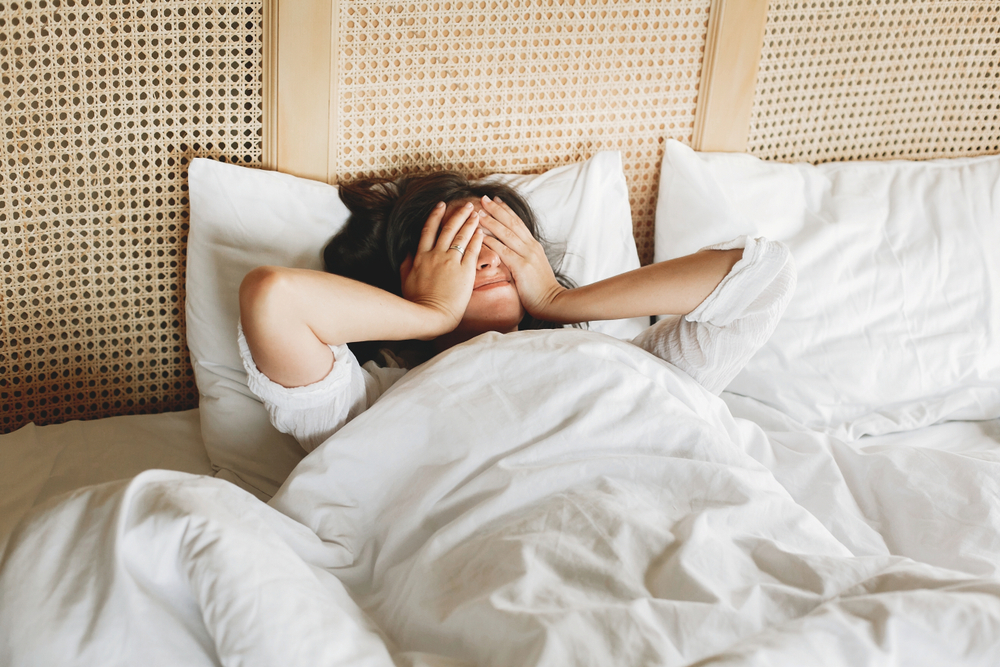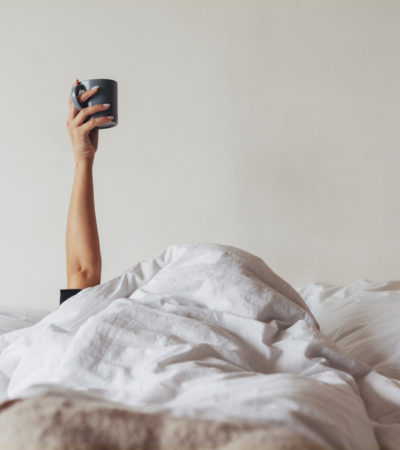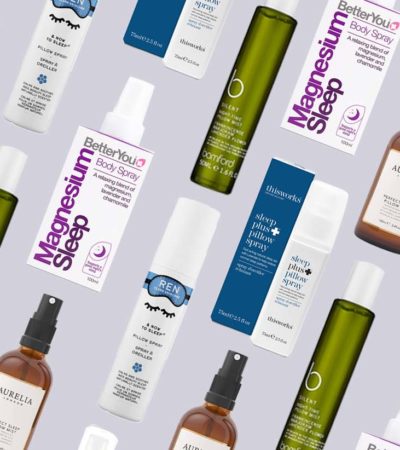“I called my mattress a bed of nails. It was a place of anger, torment, frustration, and anxiety that I felt compelled to return to night after night, sometimes spending up to 14 hours there,” says Joseph Pannell.
“Eventually my insomnia became all-consuming, it stole my happiness and completely eroded who I was as a person. But in just 8 weeks through behaviour changes, consistency and habit building CBT-I put an end to over 20 years of misery,” he adds.
It is literally impossible to make yourself sleep in the short term, explains Joseph in his self-help guide ‘You Can Sleep Too!’ What you can do, the author advises, is to build a strong regulated sleep drive so that you sleep well over the long term. CBT-I uses behavioural techniques such as sleep scheduling and stimulus control to achieve this. In a nutshell, if he had 15 seconds to either help someone sleep or prevent them from ever getting insomnia in the future, he’d tell them this:
Only go to bed when you are can’t-keep-your-eyes-open sleepy.
Sleep is a drive state. Just as you have a drive to eat when you feel hungry, you also have a drive to sleep when you feel sleepy. It is a common belief that you should set a fixed bedtime. Setting your bedtime by your watch rather than based on how you feel causes you to spend more time in bed trying to force sleep and becoming anxious if it doesn’t come. Go to bed when you physically can’t keep your eyes open, and sleep feels irresistible!
If you are in bed and feeling worried about not sleeping, leave the bedroom.
If you are in bed not asleep, think about how you feel. If you are sleepy, relaxed and just as happy to be in bed awake as you are asleep. Wonderful! If you stay there, do nothing and allow sleep to come, it will. If you start to feel anxious about not sleeping and are trying to make yourself sleep, give yourself permission to leave the bedroom and do something you find relaxing and enjoyable. When you feel sleepy again, return to bed.
Get up at the same time every day.
Getting up at the same time every day is one of the most essential pieces of advice to improve your sleep because regular wake time anchors your circadian rhythm and homeostatic sleep drive. Even when you sleep poorly, if you can resist the urge to sleep late so that you can catch up on sleep in the short term, you will see a dramatic improvement in your sleep over the long term.
Get light!
Get plenty of light (natural or artificial) as soon as possible and throughout the first third of your day.
Don’t believe the 8-hour sleep myth.
Objectively measured in a sleep lab, most adults who do not have a sleep problem do not sleep for 8 hours. Some people may need 8 hours of sleep, but this is not typical. Sleep is like shoe size, everybody is different. The amount of sleep you personally need is enough for you to feel happy and refreshed. That’s it!
Spend less time in bed.
People with insomnia typically try to force sleep by spending more time in bed. Doing so serves to increase the amount of time spent in bed awake in an anxious, hyper-aroused state; this conditions the brain to see the bed as a place of worry and wakefulness rather than sleep.
The fastest way to regulate your sleep drive and tackle the hyperarousal that can mask your drive to sleep is to spend less time in bed.
Understand what causes and perpetuates insomnia.
Stressful events, ailments and medication can all cause a short-term sleep problem. Normal sleepers have short-term sleep problems too. What causes and allows insomnia to continue are behaviours to try to make yourself sleep and catch up on sleep (napping, sleeping late, going to bed early when you are not sleepy) and your anxiety around sleep (your hyper-aroused state).
Insomnia boils down to two problems: unregulated sleep drive and hyperarousal. Your insomnia is not unique. Knowing this with absolute certainty gives you the confidence it can be resolved.
Be mindful of active sleep efforts.
Hot baths, kiwi fruit, meditation, supplements, sleeping on the left side of the bed, sleeping at the north end … These are all active sleep efforts to try to force sleep. Just as it is impossible to turn your hair blue using breathing exercises, it is impossible to make yourself sleep if you are not already sleepy.
Hot baths and breathing exercises feel great, but if you have a laundry list of things you must do in order to sleep, this only increases your anxiety.
Be mindful of avoidance sleep efforts.
If I want to sleep, I can’t go out with friends and drink any alcohol. I can’t go out to a restaurant and eat late. I can’t exercise after a certain time. I can’t, I can’t, I can’t. All of these things mentioned may have an impact on sleep in the short term, but normal sleepers still do them, and they still sleep.
Avoidance sleep efforts limit your life, lead to loss of control and agency over it, and increase the power that insomnia has over you. This will damage your sleep over the long term. If it’s 9 pm and you want to go roller skating, get stuck in!
‘You Can Sleep Too!’ by Joseph Pannell is available at Amazon in three formats: paperback RRP £8.95, Kindle RRP £2.95 and as an audiobook RRP 12.07














